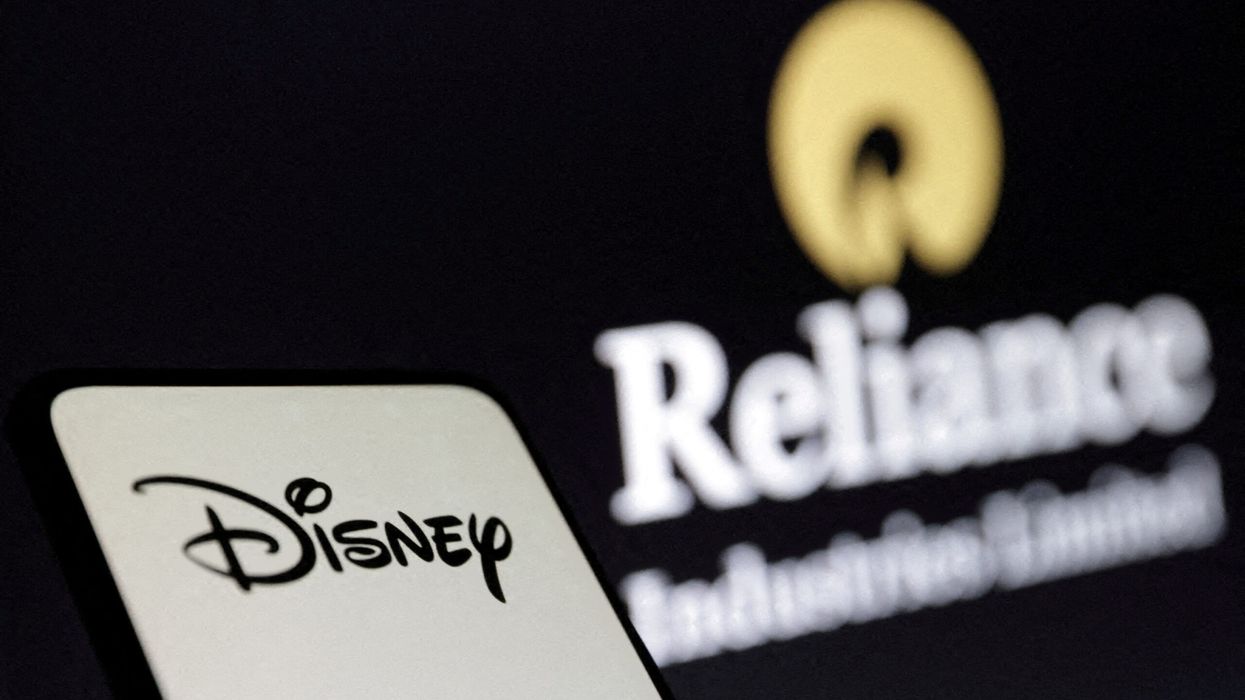WALT Disney Co and Reliance Industries received approval on Wednesday for a £6.4 billion merger of their Indian media assets, overcoming regulatory concerns about their control over broadcasting rights for cricket, India’s most popular sport.
The Competition Commission of India (CCI) approved the deal with modifications that the companies submitted voluntarily. While the details were not disclosed, a detailed order will be issued in the coming days, clearing what was considered the biggest obstacle for the merger.
To ensure the deal moved forward, Disney and Reliance agreed to certain concessions. These include a commitment not to unreasonably raise advertising rates for streamed cricket matches and the sale of 7-8 non-sports TV channels, according to a source familiar with the matter.
The merger will create India’s largest entertainment company, positioning it to compete with Sony, Netflix, and Amazon with a portfolio of 120 TV channels and two streaming services.
The merger also strengthens Reliance owner Mukesh Ambani’s influence in the £21 billion media and entertainment sector. The approval comes just before Ambani is scheduled to address Reliance shareholders at its Annual General Meeting.
The CCI had raised concerns that the new entity would dominate cricket broadcast rights for TV and streaming in India, potentially impacting advertisers. Reliance and Disney have collectively invested around £7.2 billion in acquiring these rights, which include the Indian Premier League, ICC events like the one-day and T20 World Cups, and matches organised by the Indian cricket board.
The companies also pledged not to bundle advertising slots across different cricket tournaments and to keep subscription rates within regulatory limits, according to the source.
Neither Reliance nor Disney responded immediately to requests for comment.
Over the years, both companies have offered free streaming of cricket matches to attract users, hoping to convert them into subscribers.
Karan Taurani, an analyst at India’s Elara Capital, noted that the deal should be finalised within six months, pending approval from an Indian companies tribunal, which is expected to be granted.
The merged Disney-Reliance entity will also hold broadcast rights in India for events such as the Wimbledon tennis championship, MotoGP, and the English Premier League.
Jefferies estimates that the combined entity will control 40 per cent of the Indian advertising market in the TV and streaming segments.
In 2023, companies spent nearly £1.5 billion in India on sports-related sponsorships, endorsements, and media, with cricket accounting for 87 per cent of that spend, according to media agency GroupM.
Reliance will hold the majority stake in the merged company, which will be chaired by Nita Ambani, who has experience in the arts and strong connections to Bollywood.
KK Sharma, a former head of mergers at the CCI, commented that the deal, if approved, would create a significant player in the broadcasting market, practically holding a monopoly on cricket advertisement revenues.
(Reuters)




